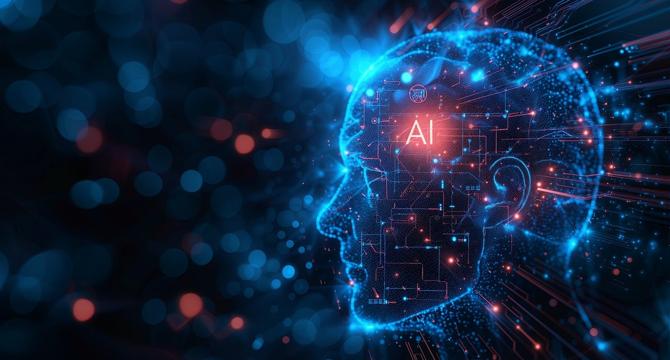Siliconangle
1M
113

Image Credit: Siliconangle
Meta releases J-VEPA 2 AI model that understands the world through video
- Meta Platforms Inc. has introduced a new AI model named J-VEPA 2 that enhances AI understanding of the physical world through video interpretation.
- The model, building on previous work, helps AI agents and robots think before acting by interpreting video information.
- Yann LeCun, Meta's chief AI scientist, highlights the importance of AI developing common sense to predict outcomes in abstract representations of space.
- J-VEPA 2 is a state-of-the-art AI world model trained on video to enable robots and AI models to understand and predict interactions in the physical world.
- World models allow AI agents to plan actions based on an understanding of the consequences in a simulated environment.
- This predictive capability can help prevent workplace accidents by guiding robots on safe paths amidst humans.
- V-JEPA 2 helps AI agents understand interactions in the physical world by observing patterns of object interactions and movements.
- The model has been tested on robots in labs, demonstrating proficiency in tasks like picking up and relocating objects.
- Meta believes world models will revolutionize robotics, making it possible for AI agents to perform physical tasks with minimal training data.
- In addition to J-VEPA 2, Meta has introduced new benchmarks for assessing reasoning models using video to understand the world.
- Meta's initiative aims to evaluate existing models that leverage video information for comprehensive AI understanding.
Read Full Article
6 Likes
For uninterrupted reading, download the app